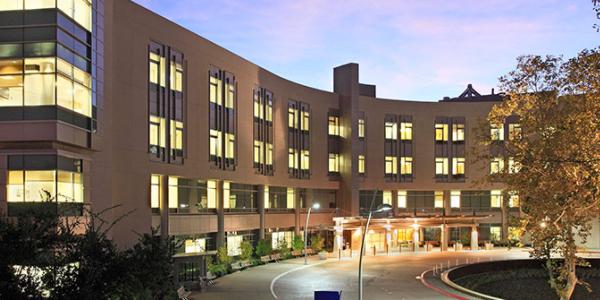
Mountain View, CA - June 24, 2013 - El Camino Hospital's Norma Melchor Heart & Vascular Institute is among the first Bay Area centers to perform the LARIAT™ procedure, a minimally-invasive therapy that aims to reduce the risk of strokes in patients with atrial fibrillation (AF). This therapy is especially beneficial to patients unable to take blood thinning medications – the standard method of preventing strokes in AF – due to severe complications with bleeding.
"We take pride in leading the way with cutting-edge technology and advanced procedures for treating serious heart diseases and helping to improve the overall quality of life for our patients," said Chad Rammohan, MD, medical director of the El Camino Hospital Cardiac Catheterization Laboratory and the first physician at the hospital to perform the procedure. "The LARIAT procedure is a safe, less-invasive alternative to open heart surgery and any serious side effects of atrial fibrillation blood-thinning medications. "
The procedure, performed under general anesthesia in a cardiac catheterization lab, uses two catheters to access the left atrial appendage (LAA) from a vein in the groin and to guide the FDA-approved LARIAT™ Suture Delivery Device from under the rib cage to the LAA. Once in place, the LARIAT™ Suture Delivery Device seals the LAA off from the rest of the heart with a pre-tied suture loop, restoring the heart's blood flow and potentially blocking stroke-causing clots from traveling to the brain.
According to the American Heart Association, AF is the most common type of heart rhythm disorder, affecting an estimated 2.7 million people. Additionally, patients with AF are five times more likely to suffer from strokes. AF causes an irregular heart rhythm in the upper chambers (atria), disrupting blood flow through the heart and causing blood to pool in the LAA and develop into clots, which can ultimately travel to the brain and cause a stroke.